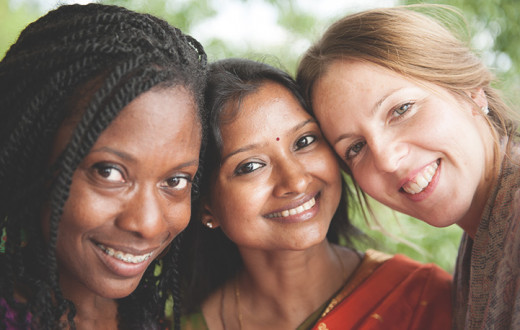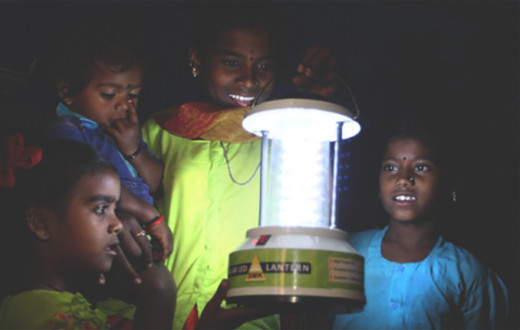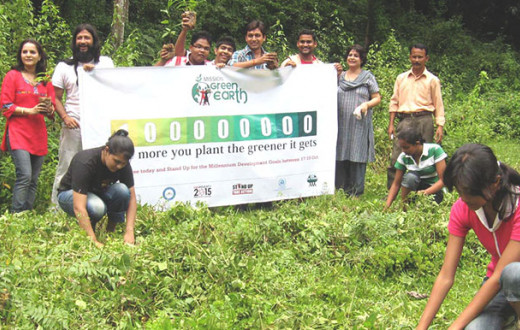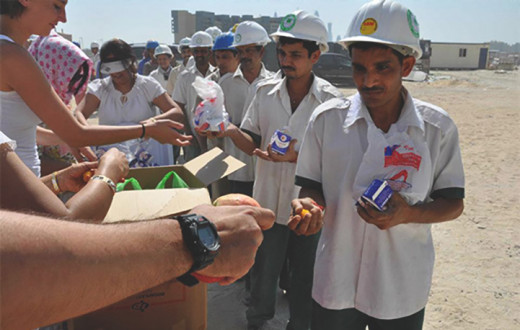Overview
Location: Pan - India
Duration: 2013 - Present
Partner: UNICEF
The marriage of Jaya (name changed), a 13-year-old student of Government School Yediyur, was fixed with a 25-year-old man. Justifiably upset, she shared the news with her school headmaster. After the Headmaster could not coax her mother to change her mind, he threatened that he would report the crime to the police.
Our team running the Girl Child Pledge met with the Headmaster and discussed the issue. Together they talked to the students including Jaya. When Jaya went back home for holidays again, she shared her desire to continue her education with her mother. After a lot of counseling from the Headmaster and the courageous defense by Jaya, her mother agreed. Jaya will now continue her education.
Stories like that of Jaya are rife in India. In a country where nearly 1 million girl fetuses go missing every year, a comprehensive attitude change is required towards the girl child. In partnership with UNICEF, we have undertaken an ambitious project to sensitize the masses on various issues affecting the child. So far, more than a million people have signed the pledge to protect the Girl Child.
The phase two of the project is called [ACT NOW 2014] where we are encouraging people to take concrete actions in support of the girl child.
What change did we bring?
The campaign has inspired people from all backgrounds to take a pledge to protect the girl child specifically addressing issues like female feticide, malnutrition, education, child marriage, abuse, and violence.
How does the journey look so far?
- Over 1 million pledged to protect the girl child
- Special concerts were conducted in 6 gender critical areas namely, Lucknow, Indore, Bangalore, Ranchi, Bongaigaon and Jaipur
- A website was created to spread awareness where people could record their group and individual pledges
How did we work?
We reached out to people in schools, colleges, communities, businesses, hospitals, banks, bar association and special interest groups through our various outreach programs. We inspired people to sign the pledge and to spread the message.
What did we learn?
During this initiative, we found that personalized one-to-one interactions with influential local leaders add considerably more value. However, these interactions are not scalable and cost-effective, and we have to rely on mass outreach programs.
How can you contribute?
Issues like saving the girl child and helping them to get equal opportunities are national issues. We invite partnerships for these broad outreach programs.







